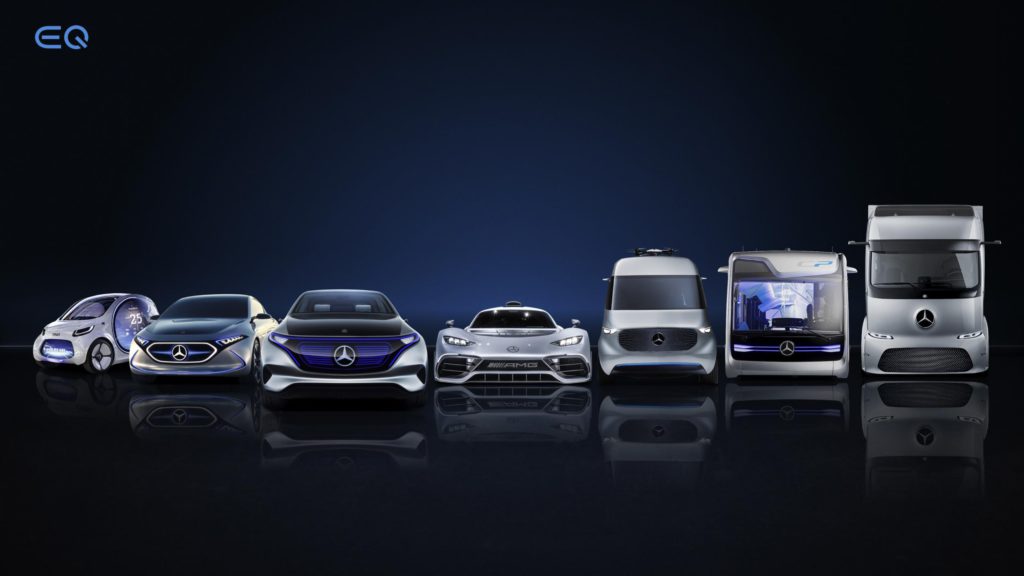Bosch takes control of its electric motor joint venture with Daimler
28 January 2019

28 January 2019
Bosch has taken full control of EM-motive, its joint venture with Daimler set up to develop electric motors for future mobility projects.
Right from the establishment of the joint venture, Bosch secured an option to acquire the shares. A complete takeover was thus already an option in the joint venture agreement. The company has said that the change in ownership structure will not have any immediate effect on the roughly 340 EM-motive associates currently working at their locations in Stuttgart and Hildesheim.
″The company’s electric motors already feature in vehicles made by Daimler, Porsche, Fiat, Volvo, Peugeot, and StreetScooter, among others. With this move, Bosch above all intends to acquire new customers in the rapidly growing global market,″ says Mathias Pillin, the member of the Powertrain Solutions executive management responsible for the electric vehicle market segment. The existing company EM-motive GmbH will be transferred to Robert Bosch GmbH. The acquisition of the shares is subject to approval by the antitrust authorities.
EM-motive was set up in 2011 by the German manufacturer and vehicle supplier, allowing both partners an economically feasible early entry into electric motor manufacturing. Given the initially small batch sizes, Bosch and Daimler were able to share the high capital cost of developing and manufacturing electric motors. Today, however, Bosch is confident that by the start of the next decade, the electric transport business will have grown into a mass market.
Daimler is currently forging ahead with the development of its electric EQ range, launching the EQC last year and developing the plans for its next model in the line-up, the EQB. The company needs funds to help its development of the range, together with an electrified version of all its models, and selling its stake in the venture to Bosch will help with this investment.
The motor is a key component in the electric powertrain: The more efficiently it works, the less energy it consumes, which not only means greater range but also significantly lower operating costs. Even now, the electromobility business is growing rapidly and by the start of the next decade at the latest, it will have developed into a mass market.
Daimler CEO Dieter Zetsche last year scaled back the company’s early forecasts for electric vehicle (EV) sales, after originally saying the technology would make up 25% of sales by 2025.
Speaking at the launch of the company’s first EV, the EQC, Zetsche suggested that forecasts of 15% to 25% were ′estimated very heavily from a top-down analysis.’ The company now believes that as it is only just entering the market, sales volumes will reach the lower end of estimates by 2025.